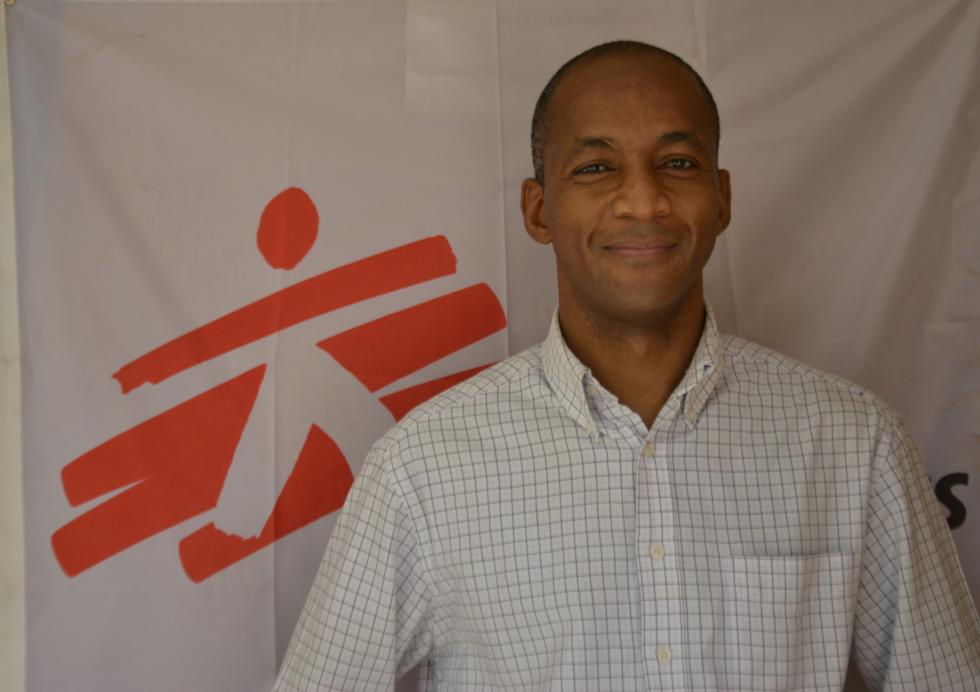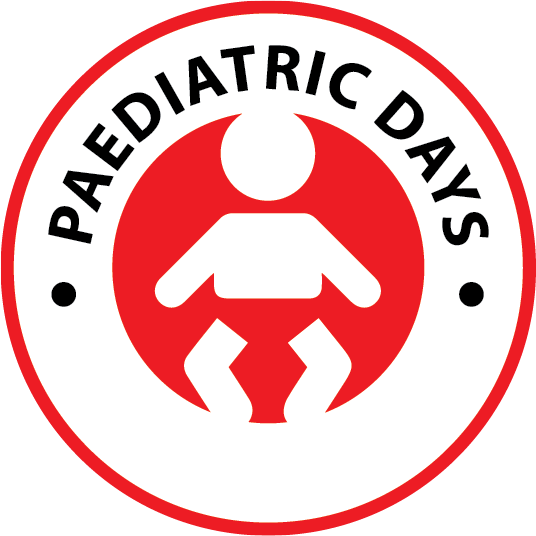The MSF paediatric days: sharing experiences to improve paediatric care

Since 2011, Dr Didier Mukeba Tshialala has carried out several assignments in different countries in West and Central Africa with Médecins Sans Frontières (MSF). Currently, Didier holds the position of medical coordinator in Niger. He recently participated in the MSF Paediatric Days, held on 15 and 16 December 2017 in Dakar, Senegal. Didier considers this conference an essential platform for aid workers to share their experiences working with patients aged under 15 in contexts with limited resources.
What are the main challenges to improving the management of childhood diseases in West Africa and, more specifically, in Niger?
In addition to malnutrition, the three main causes of childhood morbidity in our projects in Niger are: malaria, respiratory infections and diarrhoea. Fortunately, we are already aware of a series of solutions to tackle these. If, on the one hand, we manage to improve access to drinking water for the populations, and we also effectively implement chemoprophylaxis against seasonal malaria between August and November, we should already have an impact on two of the main causes of childhood morbidity in Niger. In addition, by increasing routine vaccination coverage in children of 0–11 months of age, we will significantly improve the health status of children in Niger.
At the same time, we must continue to guarantee the ongoing training of our medical teams, doctors and nurses, so that they can offer the best possible care to children, despite the occasionally limited resources.
As a medical professional, why do you feel it is important to participate in conferences such as the MSF Paediatric Days?
These days are an ideal forum for sharing experiences with medical staff from other humanitarian organisations working on similar projects under similar conditions. These exchanges allow us to enrich our practices to help overcome the many challenges (both organisational and cultural) that each of us are faced with, taking into account that not all of us are specialists in paediatrics, but that we all work at different levels with patients under the age of 15.
These conferences also allow us to highlight the ideas that should be explored within an operational study framework. This represents a real added value for our projects as these studies help us to improve the care of our patients through simple but innovative strategies, which the health authorities can then continue to implement.
Can you give a concrete example of good practice or an intervention strategy that you have learnt about at the MSF Paediatric Days that could be useful in Niger?
One of the main things I learned was the need to strengthen collaboration and integration between the community (through traditional birth attendants), maternity and the neonatal unit to significantly reduce the mortality rate in newborns, which is generally very high, as well as reduce the number of maternal deaths during deliveries. This issue is particularly close to my heart, because unfortunately it is a reality that we have to face on a regular basis in the maternity and neonatal services that we support in Madaoua and Diffa.
Beyond medical care, I am convinced that we should also invest in health promotion in close collaboration with the leaders and midwives of the community, who are true opinion leaders in their communities. The preventive aspect is essential to raise awareness of the importance of arriving on time for consultations in the communities in which we work. It also allows us to inform mothers about the importance of monitoring pregnancy to ensure the future health of their children, while providing them with the knowledge to detect the first symptoms when their children are sick.
Since the beginning of the year, we have started working with traditional birth attendants in our projects in Madaoua and Diffa. We work with them to highlight the importance of referring women from the community to medical facilities in order to reduce the number of home deliveries, which pose greater risks for the mother and the child. We also train them on the danger signs during pregnancy to avoid complications due to late treatment. In just a few months, we are already seeing progress. This shows the importance of developing community-based approaches to increase access to care!
